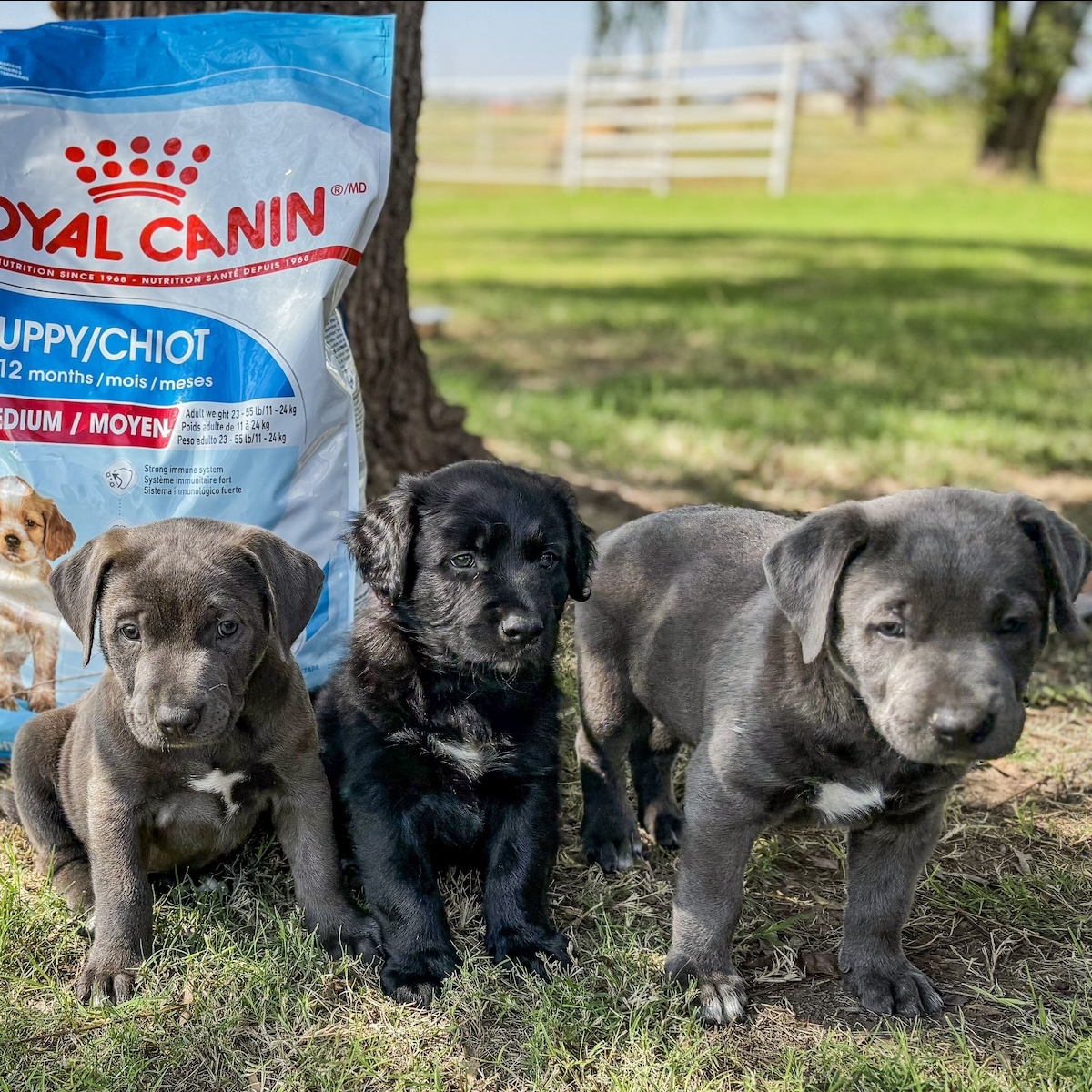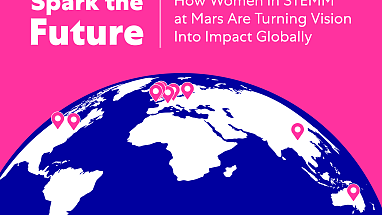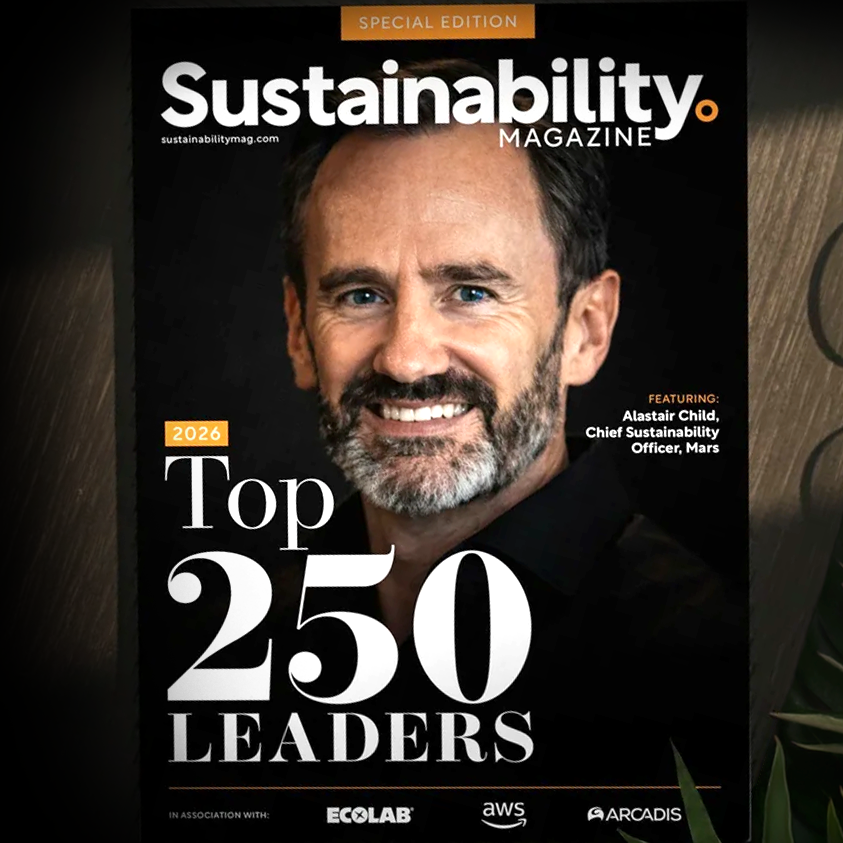By Justin White, Manager, Human Rights & Gender Equality | Mars, Incorporated
Millions of dollars have been invested by governments, civil society organizations, and businesses to address gender inequality in agricultural sourcing communities. Often, these efforts have been one-off philanthropic projects, without lasting change. That is why Mars and CARE Impact Partners decided to re-write the playbook – literally.
It’s clear that progress toward gender equality has been too slow. As we mark the end of Women’s History Month, some stark realities persist - women around the world still face structural barriers to equality, including unequal access to education, healthcare, and employment. In agriculture, women account for almost half the labor force but capture only a small portion of the income generated.
At Mars, we recognize that we have a responsibility to help break down these barriers so more women can reach their full potential. In sourcing communities, we’ve seen firsthand that investing in women’s rights, access, and opportunity significantly improves outcomes for women and their families, their communities, and for business.
The evidence is clear – investing in gender equality benefits communities and business alike. We’re working with CARE Impact Partners to analyze some of the latest insights on how empowering women contributes to long-term supply security, future-proofing sourcing regions, compliance with emerging regulatory trends, and opportunities for brand differentiation.
Now we are developing guidance for procurement teams to more effectively and sustainably support women in communities where we source raw materials. We believe that integrating gender equity into our core procurement strategies will more effectively address the root causes of gender disparities on farms and in factories at scale.
To start, we’re listening. First, we listened to more than 10,000 women from 88 countries through our #HereToBeHeard(Opens a new window) campaign. And we’ve listened to hundreds of people across Indonesia, Ghana, and Côte d’Ivoire to understand root causes of gender inequality in cocoa-producing communities through our Resilience Journey(Opens a new window). Now, we’re listening to our peer companies and to gender-expert NGOs to share good and emerging practice and lessons learned.
With support from companies including PepsiCo, McCormick, and Cargill, together with CARE Impact Partners, we’ve developed an understanding of “what works,” by analyzing twenty recent initiatives across diverse regions and raw materials. Consultations with peers and experts informed a set of Guiding Principles for prioritizing gender in procurement practices:
- Learn about women in your supply chain.
- Build gender into your procurement goals and metrics.
- Adapt your purchasing practices to be gender-responsive.
- Help your intermediary suppliers to get on board with gender equity.
- Layer gender transformative approaches into existing sourcing programs initiatives.
- Collaborate with NGO partners, the public sector, and corporate peers to drive change for women in supply chains effectively and efficiently, at scale.
But these Guiding Principles are only the beginning. This year, we plan to build a Gender in Sourcing Playbook with the guidance, tools, and skills needed to design gender-transformative sourcing strategies – designed for procurement professionals. We’re focused on the intersections of gender equality and climate change(Opens a new window) in sourcing communities for action today and resilience tomorrow.
We can’t achieve the impact that’s needed on our own. Gender inequality, like any other major social or environmental sustainability challenge, spans across sectors and geographies – and that means that to be effective, our response must be just as deep, broad, and interconnected as the problems themselves. Companies must act collectively, quickly, and intentionally, recognizing that we have the potential to improve the working lives of millions of women with real, tangible benefits for people, communities, and businesses.
We’re taking the first step to listen because we know that we do not have all the answers. And we’re inviting partnerships with civil society organizations, governments, and other companies who want to support, innovate, or lead in this space. Ultimately, we cannot achieve progress on gender equality without radical collaboration.
If you are a government agency, a private sector company, or a civil society organization interested in contributing your learnings, please reach out to justin.white@effem.com(Opens a new window) at Mars or emily.patrick@care.org(Opens a new window) at CARE Impact Partners.












